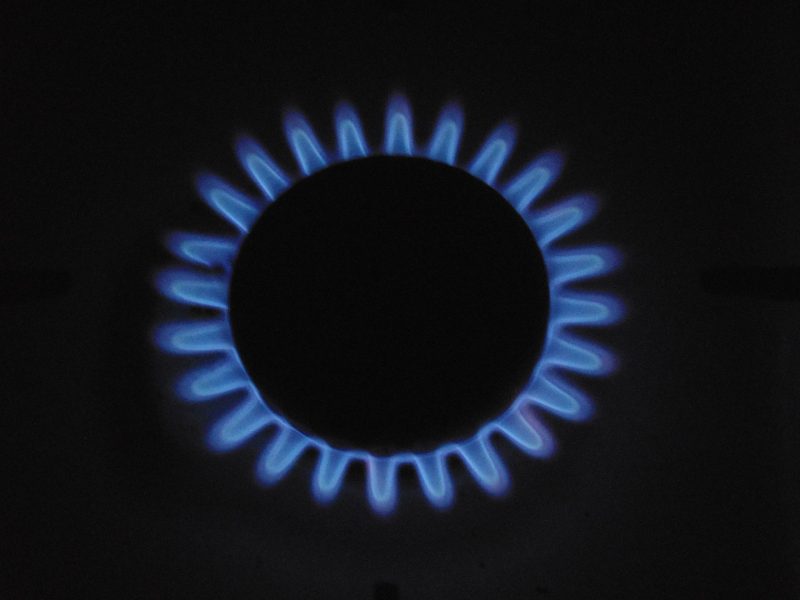Popular Posts
Investment banks do a lot of investing. Besides raising money for businesses, many of our largest banks also simply invest.
That means they buy and sell a lot of investments exactly as a typical retirement investor might, just on a bigger scale.
So what happened to Goldman in the most recent quarter? A big bet on natural gas went sour and cost the bank $100 million.
Investment analysts noticed mostly because Goldman had a bad quarter while its competitors did better. It raised the question: What went wrong?

Turns out, just one thing went wrong, a single trade on the direction of natural gas prices. The bank thought gas prices would rise and they did not.
You might be thinking, well, I would never trade commodities, so my risk of making that kind of mistake is low.
Except that retirement investors make concentrated investments all the time, often without realizing it.
For instance, many people get company stock as a benefit from their employer. They let the shares pile up over decades without a thought to selling.
Depending on their other investment choices, company stock can end up representing all or nearly all of a person’s wealth. If you worked for Enron, that turned out to be a problem.
But even diversified investors overdo it on some stocks. They buy a broad fund of large-cap stocks. Then they buy individual shares that are already heavily represented in those funds.
We have seen this movie before. The dot-com stocks, the housing bubble, gold bars — any time an asset becomes too popular, far too many people try to own it.
Usually, such thinking ends in tears. While asset values are rising, nobody complains, of course. Many hardly notice.
Those that do notice have exactly the wrong reaction. When housing values doubled in the previous decade, investors traded up into larger homes, dumped tens of thousands into fancy kitchen upgrades and generally spent their equity.
The reversal was inevitable, and brutal. If you’re a big investment bank, a bad trade hurts. It hurts shareholders and it probably ruins a career or two.
A bad trade in a retirement account is another matter. Panic can set in, leading to sleepless nights and, eventually, a decision to sell.
That “I have to get out” feeling is a terrible thing and often marks the bottom of the market, the moment of maximum pessimism. It’s the moment relatively well-off people are made poor and bottom-feeders try to get rich.
Fine for the active trader who measures his or her risks, but terrible for the long-term retirement investor trying to do things the right way.
The solution, really, is don’t trade. Buy a broadly diversified index fund, put it in a risk-adjusted portfolio and rebalance from time to time.
The less you know about the individual investments, the better. Headlines about one company or another might intrude on your consciousness over time, but they won’t prompt you to act rashly.
The result: Steady compounding growth that results in an unsurprising retirement.
MarketRiders, Inc. is a registered investment adviser. Information presented is for educational purposes only and does not intend to make an offer or solicitation for the sale or purchase of any specific securities, investments, or investment strategies. Investments involve risk and, unless otherwise stated, are not guaranteed. Be sure to first consult with a qualified financial adviser and/or tax professional before implementing any strategy discussed herein. Past performance is not indicative of future performance.